Technocrat Media
In June 2021, the Federal Government of Nigeria, through the Department of Climate Change (DCC) of the Ministry of Environment, launched the National Climate Change Policy for Nigeria 2021-2030 (NCCP).
According to the policy, the government recognizes that climate change is perhaps the biggest challenge facing humanity—it is complex and dynamic and requires dimensional and multi-sectoral mitigation and adaptation initiatives within a dynamic policy framework to properly tackle it.
Just last week, TechnocratMedia and TheCable reported how the negative impacts of climate change caused a heavy flood in Lagos after a downpour—which led to the loss of properties and valuables.
The government identified in the NCCP some ways it planned to respond to climate-related issues so as to emerge as a low-carbon and climate-resilient country.
Nigeria’s response model to climate change
The government said it has initiated a number of measures to address the challenge of climate change. Some of the actions are categorized into five areas, according to the policy. They include climate change institutional framework; promoting enabling climate policies; Nationally Determined Contribution (NDC) and climate change financing as well as donor-funded initiatives.
Institutional framework
The government said the Department of Climate Change (DCC) in the Federal Ministry of Environment drives the national response to climate change at the national and international levels. The policy identified DCC as the nation’s focal point for the United Nations Framework Convention on Climate Change (UNFCCC).
The government also listed DCC as the designated national authority (DNA) for the clean development mechanism and works with other ministries through the inter-ministerial committee on climate change for the country.
Enabling climate change policies
The Federal Government also said a number of enabling policies and programmes that are related to climate change mitigation and adaptation have been adopted and include those that have been listed in Section 1.4.
In December 2021, the government launched the National Adaptation Plan (NAP) project.
The policy added that the three recent development policies that have clear implications for climate change adaptation to include: the Vision 20:2020; the Transformation Agenda (2011–2015); and Economic Recovery and Growth Programme (ERGP) (2017–2020).
Nationally determined contribution (NDC)
Nigeria developed its NDC in 2015 towards the ratification of the Paris Agreement on Climate Change. The country intends to reduce its greenhouse gas (GHG) emissions intensity of GDP by 20% by 2030 relative to the emissions intensity of GDP in the base period 2010 to 2014 on an unconditional basis as well as a further 45% on a conditional basis consequent upon receiving climate finance, technology transfer and capacity building from the developed countries.
According to NCCP—if the country achieves its goals, the NDC will improve standards of living, promote clean energy access and food and water security for all and make the country more resilient to climate impacts, as well as enable the most populous black nation in the world to contribute to the goal of keeping the global temperature increase to well below 20C. climate.
Climate change financing
The policy indicates that—Nigeria recognizes that to respond effectively to climate change mitigation and adaptation challenges, the country will require a critical mass of financial resources beyond what governments at all levels can provide.
As a step forward, the Federal Government has launched and issued Green Bonds as innovative means and alternative way of raising climate finance and has released the guidelines for the Green Bonds that target about $250 million in climate finance to support national projects in key areas that include environment, agriculture, power and energy efficiency-transportation.
According to the government, it will also continue to mobilise national, regional, and global climate finance resources to tackle the challenge of climate change.
According to Premium Times, in 2017 and 2019—Nigeria issued two green bonds worth N10. 69 billion and N15 billion respectively, becoming the first African country and the fourth in the world to raise a debt instrument entirely for the purpose of financing sustainable environmental projects.
In June, the government through Yemi Osinbajo, the vice president announced that Nigeria is donating a sum of $550,000 to build the Great Green Wall secretariat.
Global and regional cooperation
“Nigeria is strongly committed to the achievement of an effective and equitable international agreement on climate change, it recognized its leadership role in Africa and sub-regional levels,” according to the NCCP.
The Federal Government said the country is meeting up to its obligations to the UNFCCC and also supporting the implementation of climate change initiatives of ECOWAS and the African Union.
Donor-supported initiatives
However, the policy is silent on the support the government has received from its development partners on climate change.
Our search for information revealed that Green Climate Fund (GCF) is supporting ten (10) climate projects in Nigeria. The organisation’s dashboard shows that its total GCF financing for Nigeria is $125.2m—it put the number of readiness activities as two (2); listed $3.4m as readiness support approved—but only $1.4m as readiness support disbursed.

The Green Climate Fund (GCF) was adopted by 194 governments as a financial mechanism of the United Nations Framework Convention on Climate Change at the end of 2011. Its goal is to limit or reduce greenhouse gas emissions in developing countries and help adapt vulnerable societies to the already-felt impacts of climate change.
Excellent journalism is expensive. It is only the same that can help to build our society and country to entrench good governance, and development and ensure justice for all.
We need your support for investigative findings and special reports to demand accountable and transparent government. DONATE today to help us stay relevant to serve your quest for accurate and authentic stories.
DONATE TO 0450702364, naira OR 0657626454, USD – GTBANK
TECHNOCRAT INNOVATIONS PLUS LTD






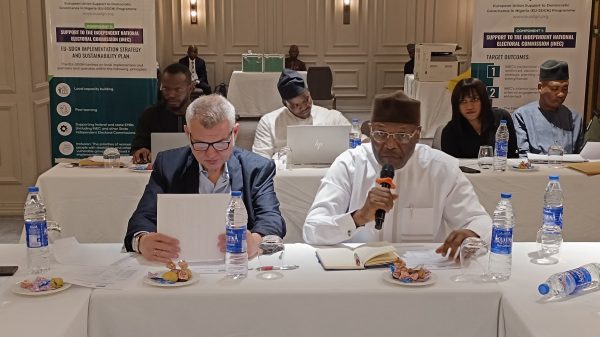
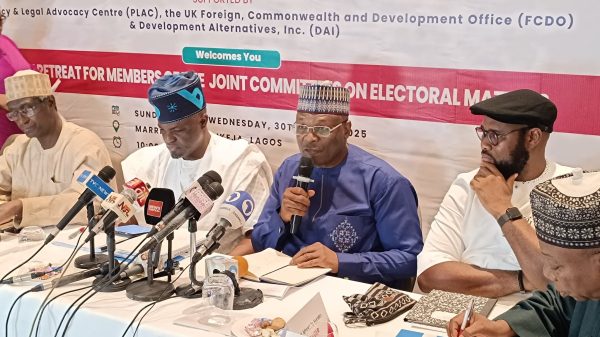
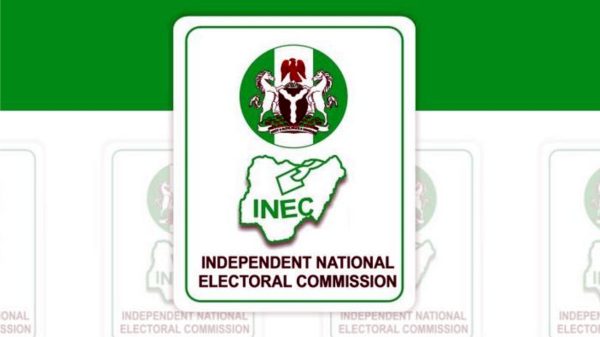

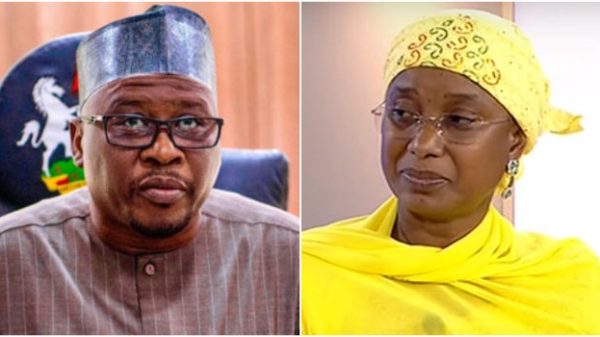
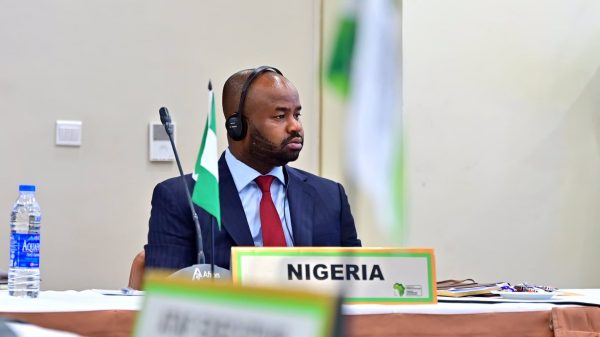



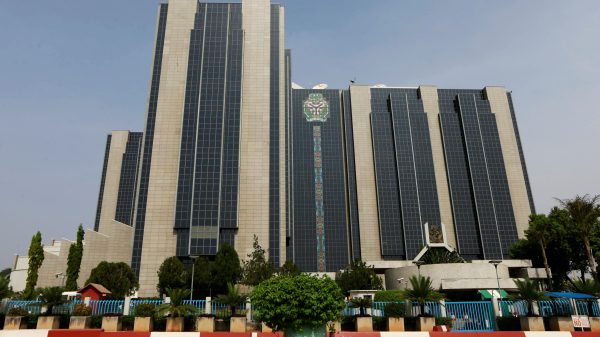
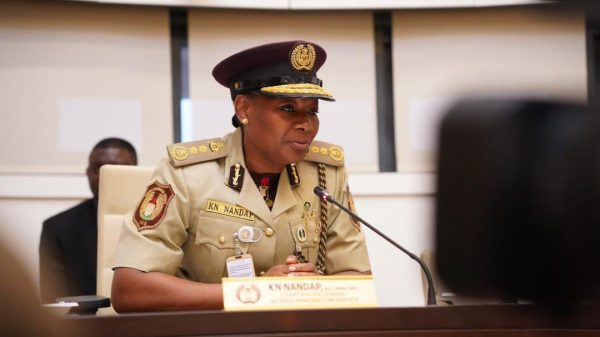
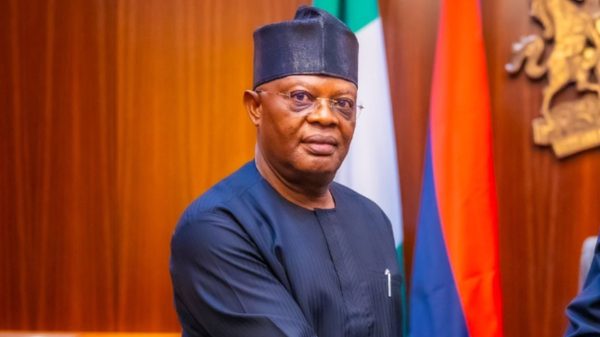

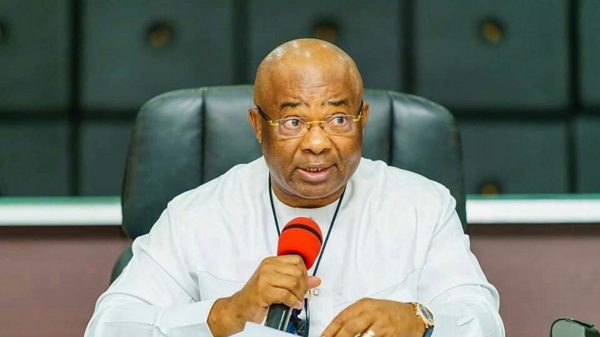

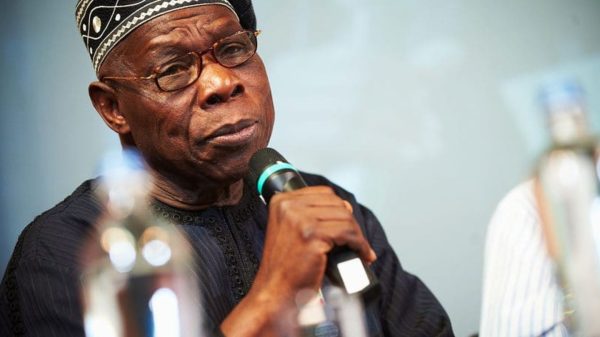
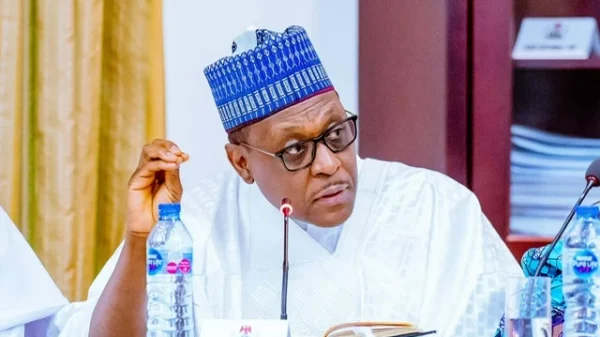


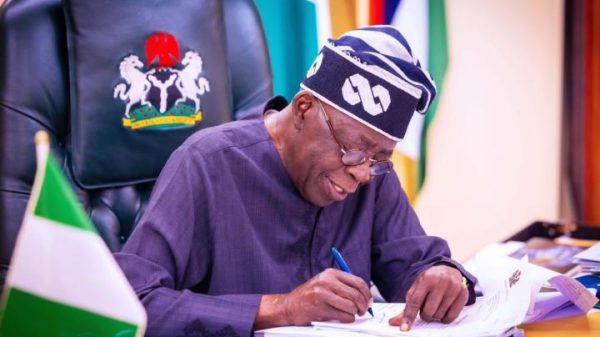
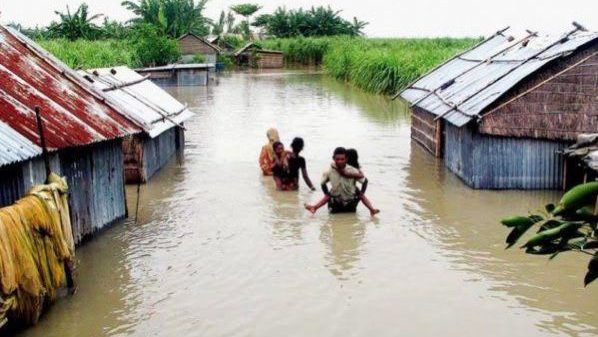

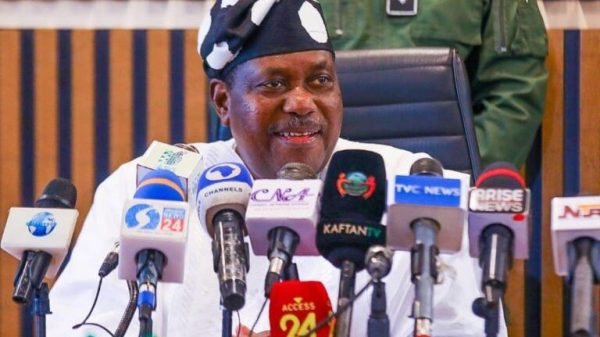
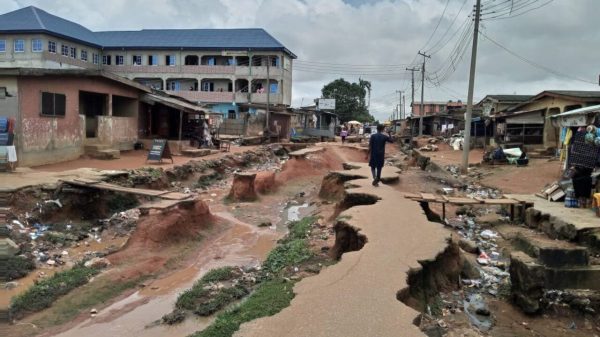


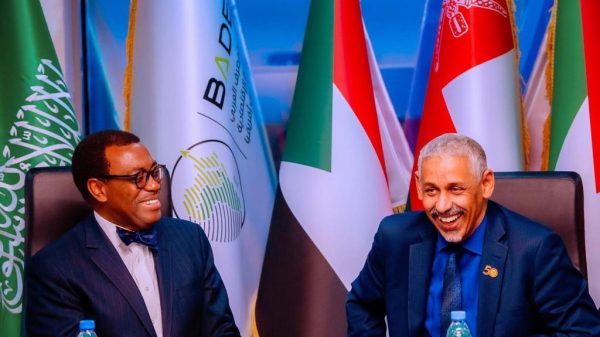

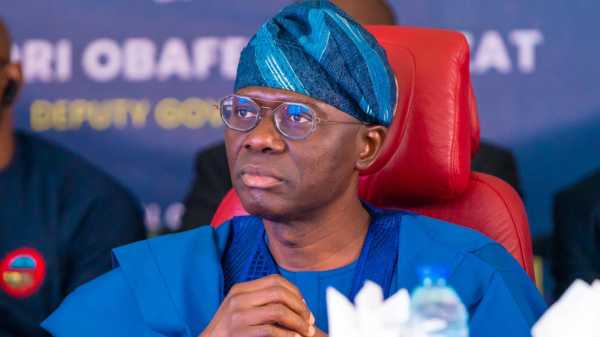

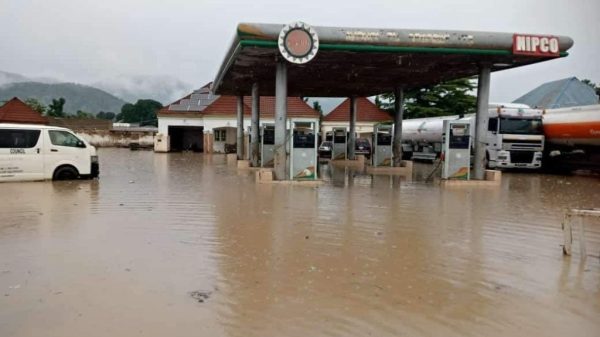
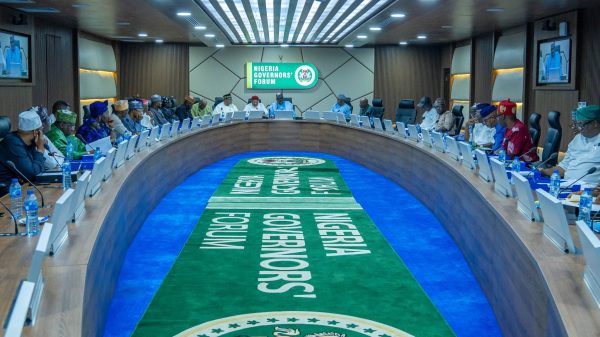




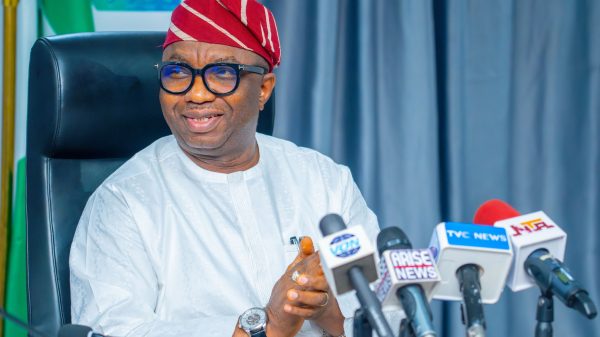
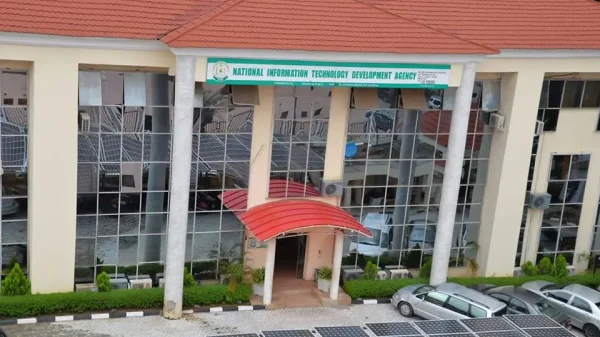


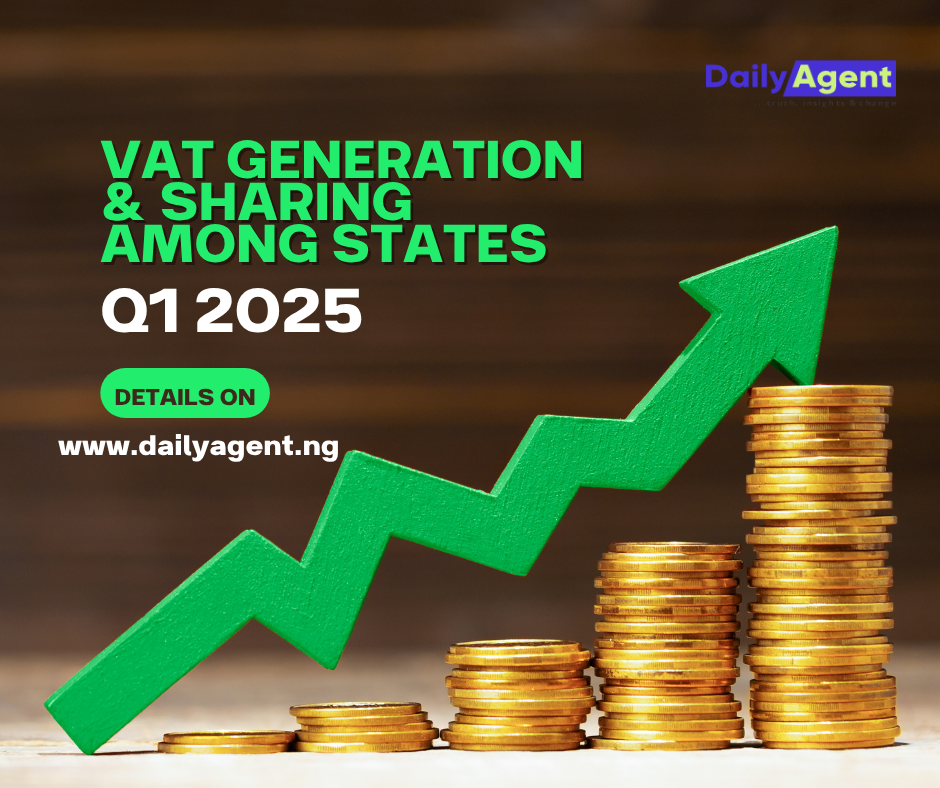

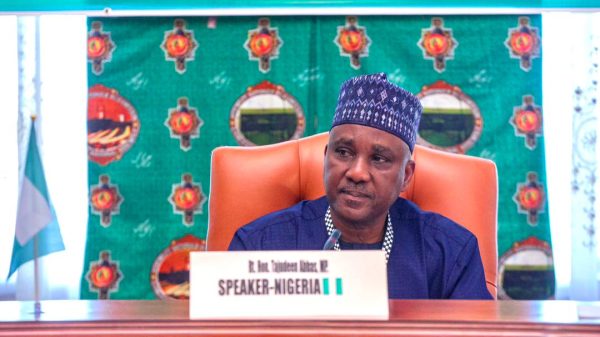
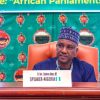


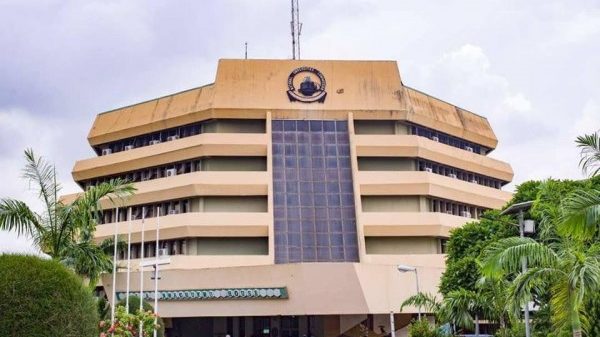



Pingback: Osinbajo to launch Nigeria’s energy transition plan next week - | Technocrat Media Nigeria